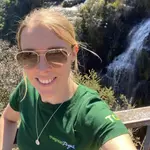

Wildlife Rehabilitation & Release in Costa Rica
Help release rehabilitated wildlife back into their rightful home! Observe and monitor a variety of species in the rainforest and leave behind meaningful legacy for the forests of Costa Rica.
Speak To A Travel Expert
Activities
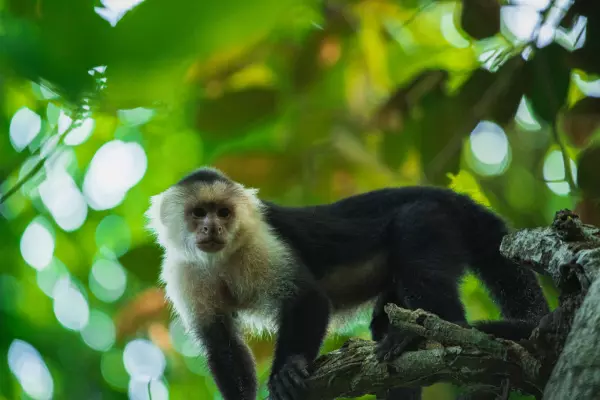
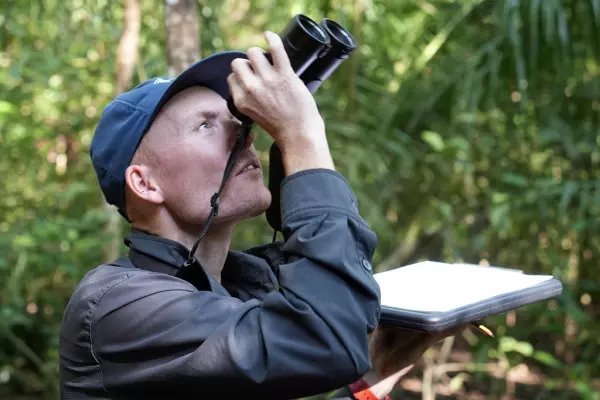
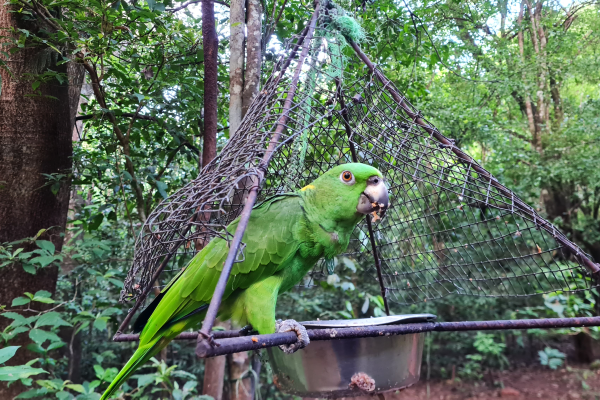
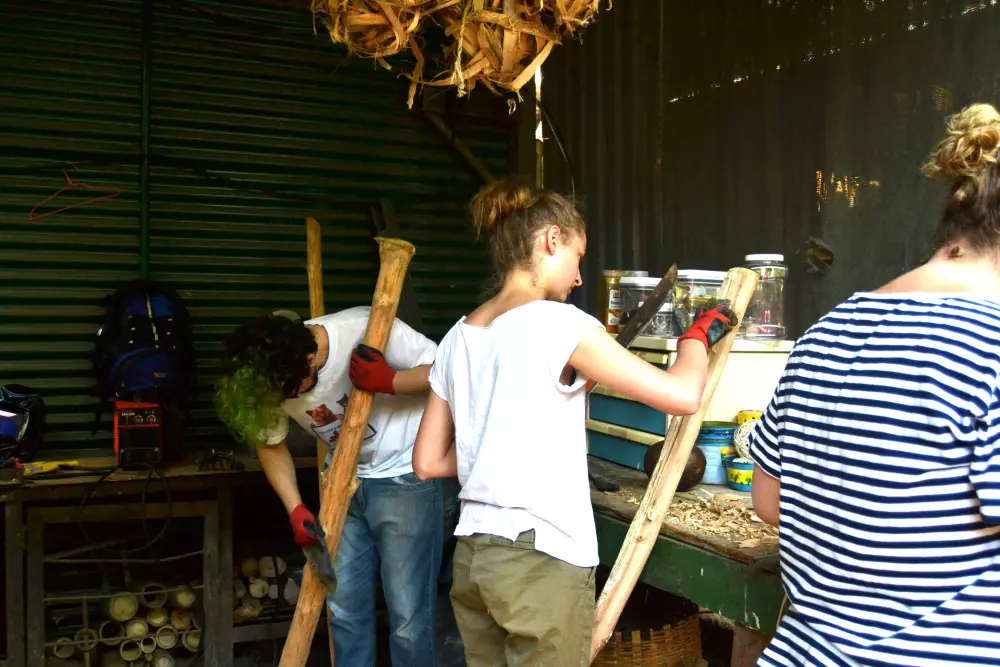
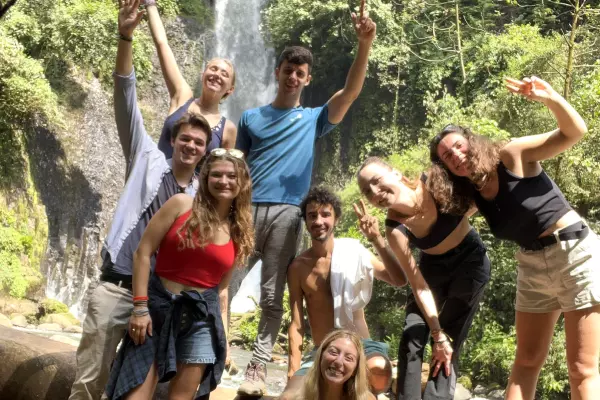
Itinerary
The following is an example itinerary of a 16-night stay, though longer durations are also available. As the project is based at an active release site, itineraries and all volunteer activities are subject to change depending on the needs of the project and the animals present when you visit.
Durations & Prices
Accommodation
Accommodation
You will be staying in the volunteer house, where rooms are allocated on a triple-share basis. The accommodation offers all the amenities for a comfortable stay, including linens and free Wi-Fi. Additionally, there are shared bathrooms with western-style toilets and warm showers, a kitchen, laundry facilities, and a common area for socialising with other volunteers. You can also take part in after-hours activities such as game and movie nights, conservation talks, and more.
Meals & Beverages
Three meals per day are provided, which will be cooked by the field staff, except on Sundays when volunteers prepare their own meals with the provided ingredients or head into town for a meal out. The meals provided will include a mix of both Western-style and local dishes. For breakfast, you can expect options such as pancakes with fresh fruit, empanadas with spiced beans, or oatmeal with fruit/eggs. Typical lunches and dinners may include spaghetti with salad, grilled chicken with rice and vegetables, barbecued ribs, cassava chips, rice and vegetable dishes, burgers with fries and salad, and more. If you have any dietary requirements, please inform the travel team well in advance of your stay.
Project Details
When is the best time to volunteer?
As this project is based at an active release site with new animals arriving regularly and others still undergoing lengthy rehabilitation, there are animals here year-round, meaning there is no best time to volunteer regarding wildlife. The weather, however, can impact some people’s decisions, and there are two distinct seasons which are explained in more detail below:
December - April: These months are known as the dry season, which is usually the most popular with tourists due to less rainfall and increased wildlife visibility.
May - November: While considered the rainy season, these months are still warm, and the rain typically falls in the afternoons or evenings. The forests are also at their most full during this period.
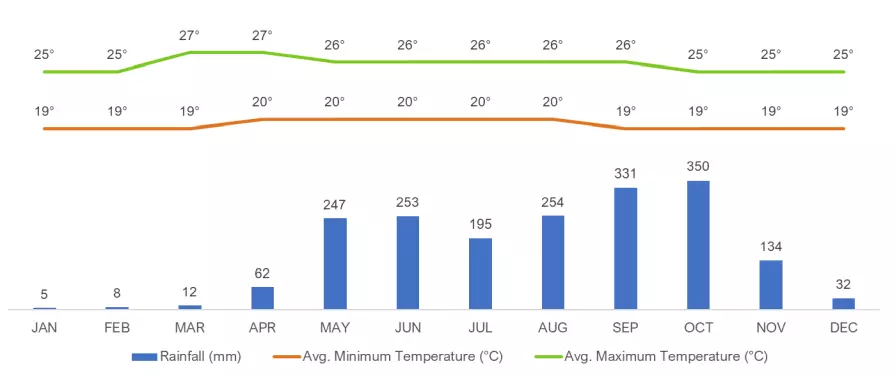
Getting There
You will need to fly into Juan Santamaria International Airport (SJO) on your project start date. A driver will meet you at the airport and transfer you to the Costa Rica Wildlife Sanctuary, where you'll spend your first night. The following morning, you will transfer by private vehicle to the project site, which will take approximately 3.5 hours. Please note: the departure is this process in reverse, and you should book onward or return flights on day 17.
If you will already be in San Jose on your start date, we can arrange for you to be collected from a hotel close to the airport.
Visa Requirements
Most nationalities, including British and American citizens, do not need a visa to enter Costa Rica and will be granted entry for up to 180 days on arrival. You will, however, need to provide evidence of onward travel plans such as a flight ticket or bus ticket exiting the country. As entry requirements can change, we recommend checking with your local embassy regarding visa requirements prior to travel.
Fitness & Skills
You don't need any specific skills to join this project. However, volunteers must have a good level of fitness to comfortably participate as there is a lot of walking in rough terrain. As you'll be staying in the Costa Rican rainforest, you should also have a tolerance for various field conditions, including heat, humidity, and rain! The most important thing is that you arrive passionate about the project's mission and willing to engage in a range of activities.
Vaccinations
There are no specific vaccination or medical requirements needed to join this project. The vaccinations required will depend on the individual medical history of each volunteer. We recommend that you consult with your doctor/GP regarding your own vaccination needs as this will ensure you are protected and prepared to travel. In conjunction with this, we also recommend that you take a look at the Fit for Travel website for more helpful information on how best to prepare for your experience.
If travelling from a country where Yellow Fever is present, proof of a Yellow Fever vaccination is required by the Costa Rican government to enter the country.
What's Included
- Accommodation
- Three meals per day
- Transfers to and from the release site
- Use of the on-site laundry facilities
- A donation to the project itself
- Wi-Fi
What's Not Included
- Flights
- Travel insurance
- Visas







